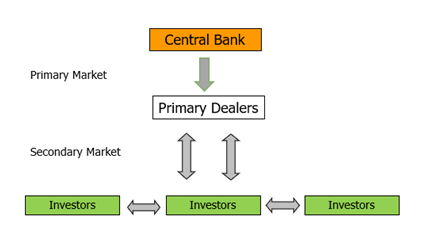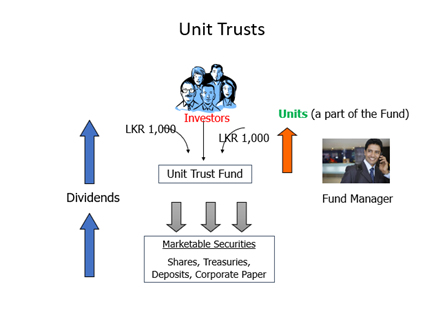Only one advertisement per page will be displayed at any given time and would rotate after a specific time interval. Additionally, the maximum number of advertisements per page will be limited, in order to provide advertisers maximum exposure.
Advertise with us
Benefits of advertising with www.marketprices.lk include
100 % viewer focus on your advertisement :
Targeted advertising :
Advertisements will be placed on relevant industry pages, targeting specific interest groups.
Advertising space is available through two mediums
The www.marketprices.lk website and on the Mobile App "Market Prices"
Contact
Contact us on info@marketprices.lk for more information
Important
Lanka Market Prices (Pvt) Ltd will not publish or display any material (information or promotional) which in its opinion is inappropriate or offensive and reserves the right of refusal without offering any explanation.


